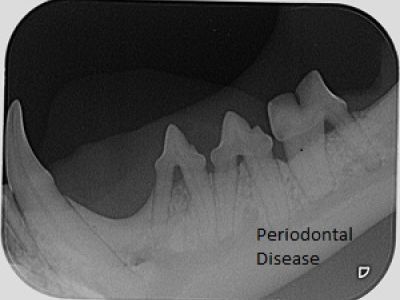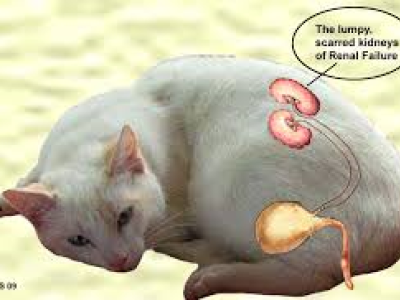Seniors

Is your dog 8 years or older? You may have noticed how they are not as active as they once were. You can trust them when you leave home, you may leave your things on the floor and they don’t get torn up! Ah yes, you are firmly in the adult to senior dog stage.
The average life span of our family canines is 10-15 years, depending upon breed. It stands to justify if your dog is age 8 or older, they may be in the golden years of their lives.
Here are a few tips to make the later years more comfortable in their home:
- Feeding needs change as our dogs age, so an age appropriate food e.g. senior diet is of more benefit. This will meet their changing nutritional needs. Elevating food dishes can also alleviate discomfort in their joint and necks from bending down to eat and drink.
- Watching your dog as they get into their beds is a good way to assess how much discomfort your pet is in. Hard floors are tough on joints especially in older dogs, so it is important to have comfortable, padded bedding with enough stuffing to protect their joints.
- Cold temperatures cause joints to become stiff, especially first thing in the morning, make sure your dog’s bed is in a location away from drafts.
- To keep aging joints limber, two exercise session per day will help maintain some agility. The length and intensity of these sessions should be determined by your dog’s current ability.
Amazingly, arthritis is one of the most untreated diseases plaguing all breeds and ages of dogs. To support their joints, supplements of Green Lipped Muscle, Glucosamine and Chondroitin Sulfate give great support and relieve some pain.
It is important to keep the various stages of life in mind for our dogs so that we can support them adequately. Unfortunately, our dogs cannot talk to us and tell us “these stairs are getting tougher to climb”, or “my joints are stiff and sore” so we must address these issues for them.
Owners have the best insight into the changing needs of their pets, but professionally we can give advice on the best means of medical treatment and a checklist of how to support these geriatric’s in their twilight years.


